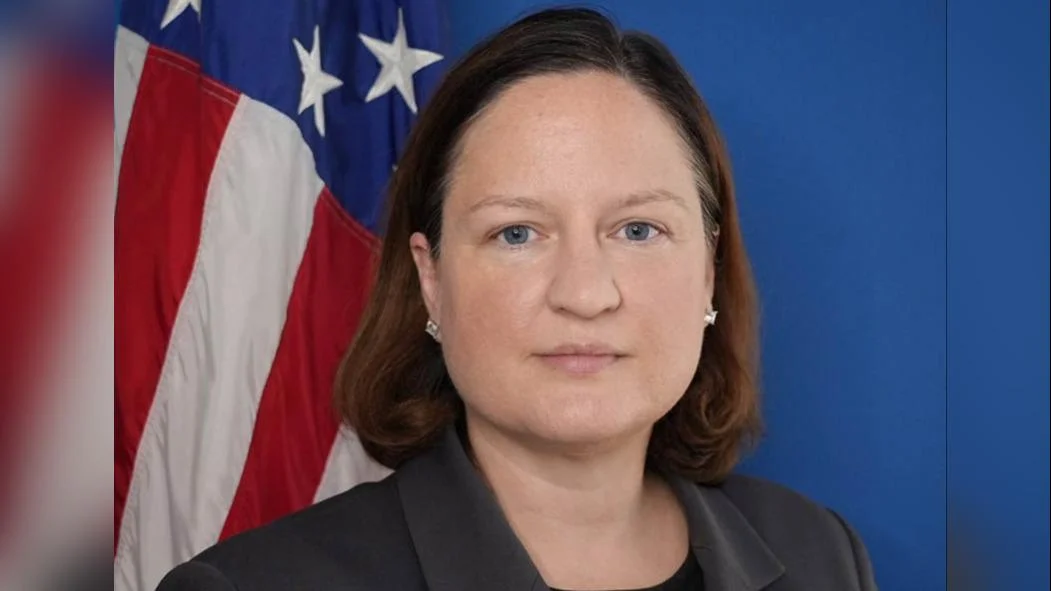The United States and Finland recently co-hosted the Nordic/Baltic Regional Proliferation Security Initiative (PSI) Engagement in Helsinki, Finland, from June 3-5, 2025. The event gathered 71 leaders from various sectors, including civilian, customs, law enforcement, and military representatives from Denmark, Estonia, France, Iceland, Italy, Latvia, Lithuania, Netherlands, Norway, Poland, Sweden, Ukraine and the United Kingdom.
The primary focus of this multilateral exercise was to enhance regional efforts in counterproliferation interdiction and improve export control and sanctions implementation. Participants exchanged information on current threats related to the proliferation of weapons of mass destruction (WMD), their delivery systems, and associated materials. They also evaluated real-world counterproliferation case studies and discussed ways to strengthen legal frameworks for better interdiction success.
During the engagement, expert briefings were conducted to help participants understand risks associated with sensitive item diversion to unauthorized users and the evasion of proliferation sanctions. The briefings also covered the potential application of emerging technologies in WMD and missile programs. A day-long tabletop exercise allowed participants to hone their interdiction skills through complex scenarios that required coordination across borders and effective use of national legal authorities.
The PSI was established in 2003 with a mission to halt or impede transfers of WMDs and related materials between state and non-state actors posing proliferation concerns. To date, 116 states have endorsed the PSI Statement of Interdiction Principles.
Countries participating in the PSI make a political commitment by endorsing these principles. This involves taking action individually or collaboratively with other PSI states to prevent shipments of WMDs consistent with domestic and international laws.

